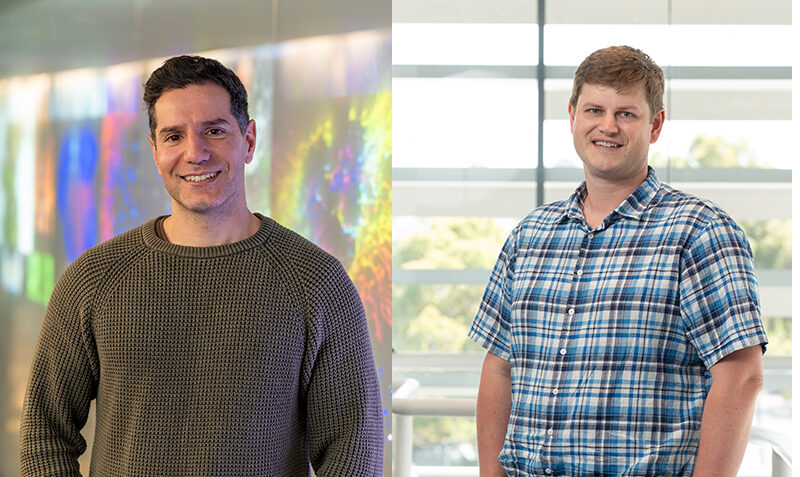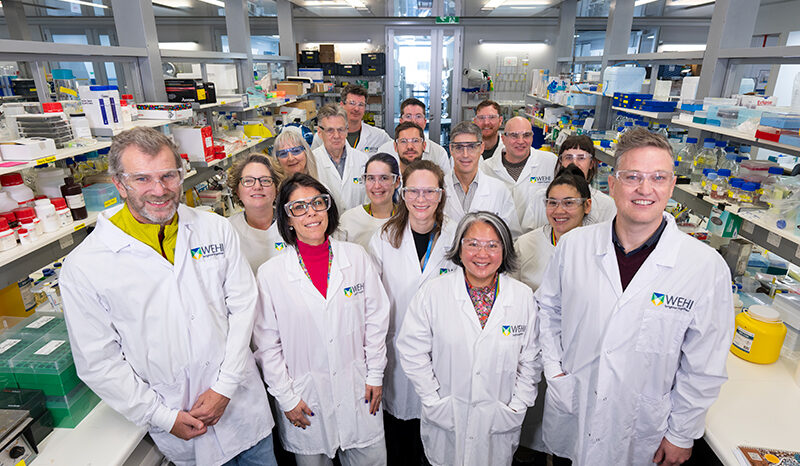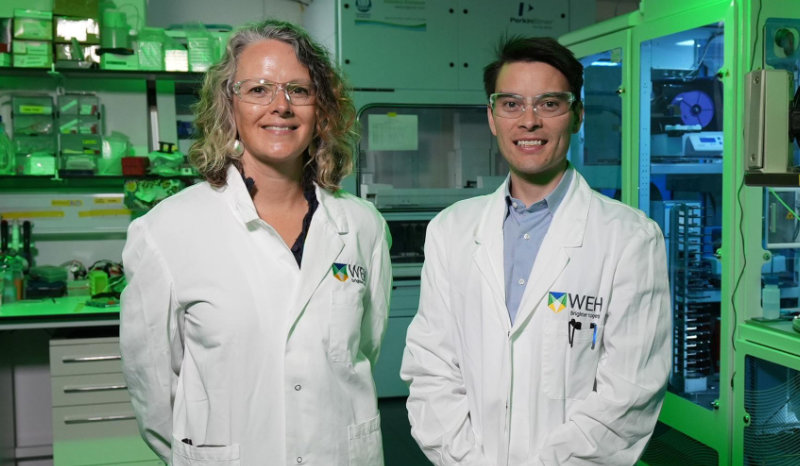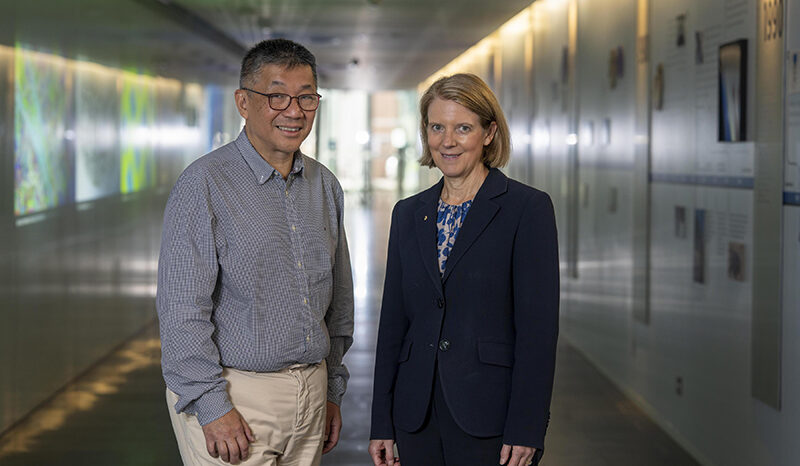Understanding ‘molecular recycling’
Assoc Prof Lazarou is one of the world’s leading authorities on how mitophagy, the molecular process of removing or recycling damaged mitochondria, is involved in Parkinson’s disease.
Mitochondria are the energy generating machines in our bodies. Mitophagy helps keep a healthy population of mitochondria by degrading those that have become damaged or dysfunctional.
When the mitophagy process becomes defective it can cause disease, including neurodegeneration in Parkinson’s disease.
“During my undergraduate studies I learned how mitochondria produce the energy for life on earth. From that point on I’ve always been driven to find out how to fix them when they get damaged,” said Assoc Prof Lazarou.
PINK1 and Parkin are two proteins vital to the process of mitophagy, responsible for ‘tagging’ malfunctioning mitochondria for destruction. In Parkinson’s disease, mutations in these proteins can result in the accumulation of damaged mitochondria in the brain, which can lead to motor symptoms such as tremors, stiffness and difficulty with movement.
The fellowship will support Assoc Prof Lazarou’s team to continue their research into defining the mechanisms of PINK1 and Parkin in mitophagy, and boost their activity as a possible therapy for Parkinson’s disease.
“Philanthropy and foundations play such a fundamental role in our Parkinson’s research. They have allowed me to establish my lab at WEHI and help support staff and students,” he said.
“Funding like that provided by the Rebecca L. Cooper Fellowship allows us the stability and certainty to chase new and interesting findings that come from big ideas – and that is often when breakthroughs happen.”











